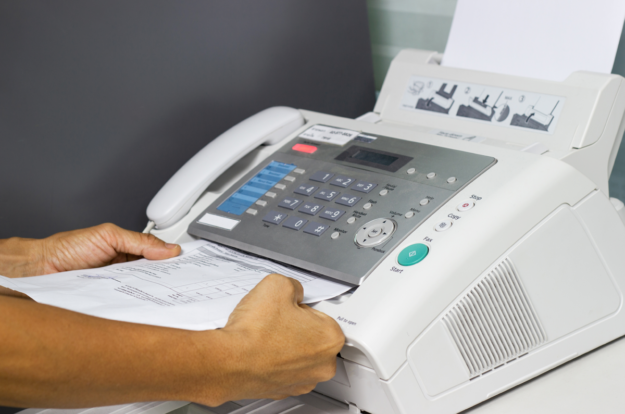Net Operating Losses
Net Operating Losses Under the TCJA, net operating losses generated beginning in 2018 were limited to 80% of taxable income and could not be carried back but could be carried forward indefinitely. The CARES Act permits individuals with net operating losses generated in taxable years beginning after December 31, 2017, and before January 1, 2021,…






